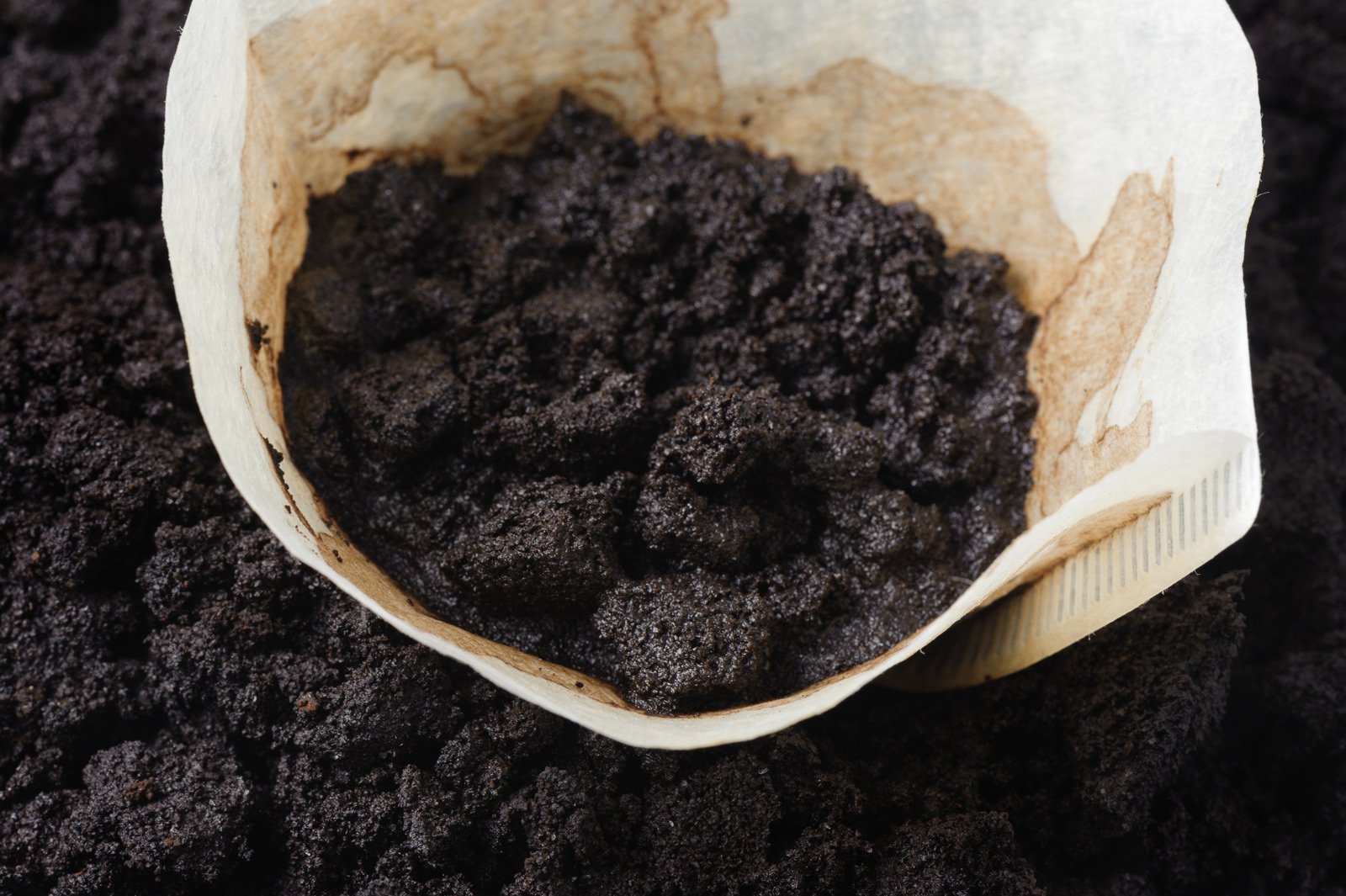Coffee is enjoyed daily by millions of people around the world. But what happens to the remains of that delicious cup of coffee? Coffee grounds, the residual product that is created after brewing coffee, is often overlooked and considered waste. But coffee grounds have a lot of potential. In this blog we take a closer look at the challenges of reducing coffee grounds.
What is coffee grounds?
Coffee grounds are the residue that remains after coffee has been brewed. It consists of the used coffee granules and the leftover solids extracted from the coffee during the brewing process. Coffee grounds still contain valuable compounds, including caffeine, oils, cellulose and nitrogen compounds. It has a significant amount of organic matter and can therefore be a potentially valuable resource.
How is coffee grounds processed?
Coffee grounds can be processed in the following ways:
- Composting: One of the most common methods of processing coffee grounds is by composting it. Coffee grounds can be a valuable addition to compost piles because of the organic matter it contains. It can improve the carbon-nitrogen ratio, resulting in better compost quality.
- Energy generation: Coffee grounds can also be used as a renewable energy source. Through anaerobic fermentation, coffee grounds can be converted into biogas, which can be used to generate electricity and heat. This process contributes to reducing dependence on fossil fuels and reduces greenhouse gas emissions.
- Bioplastics and bio-oil: Researchers are developing methods to convert coffee grounds into valuable products, such as bioplastics and bio-oil. Bioplastics made from coffee grounds can provide a sustainable alternative to traditional plastics, while bio-oil can serve as a renewable resource for fuel and other industrial applications.
The biggest challenges of coffee grounds
- Collection and separation: Efficient collection and separation of coffee grounds can be a challenge. It should be separated from other waste to avoid contamination. It requires special collection and separation systems to ensure that coffee grounds are not mixed with other waste. This may entail additional costs and logistical efforts.
- Awareness: Raising awareness among employees about the value and potential of coffee grounds is essential. Many people still regard coffee grounds as waste and are not aware of the possibilities of reusing or recycling it. Promoting education and communication about the sustainable aspects of coffee grounds can help to change attitudes and behaviours.
Tips or ideas?
Do you have any tips or ideas for preventing waste streams? Let us know! We would like to hear what you are doing to reduce food waste or avoid packaging waste, for example. We will include your suggestions in our next blogs, in which we discuss solutions for various waste streams.











